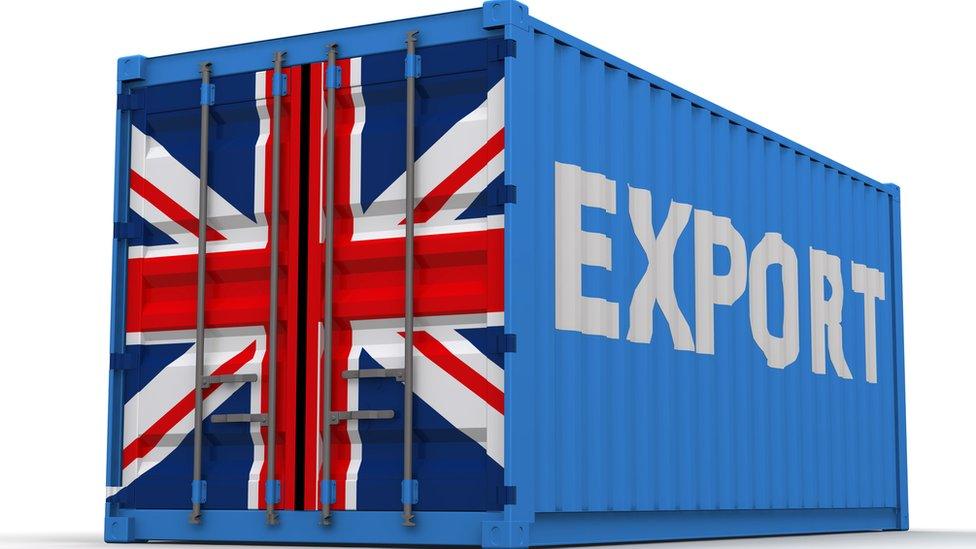Reality Check: Your Brexit questions answered
- Published
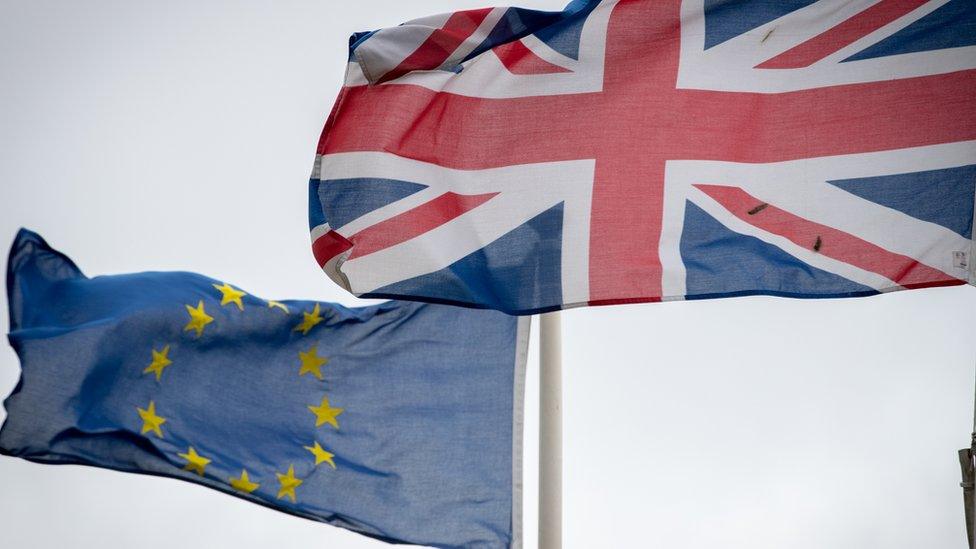
For Radio 4's PM programme, the BBC's Europe correspondent Kevin Connolly and assistant political editor Norman Smith, are working with the BBC's Reality Check team to answer your questions about what Brexit means.

Sally Miller bought a house in Spain nine years ago and plans to retire there in the next five years. She asks how Brexit will affect this.
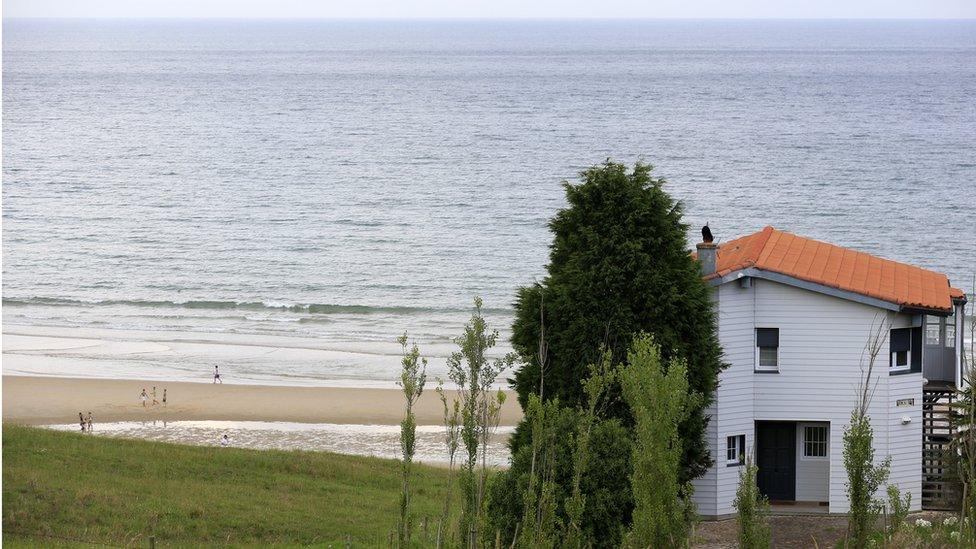
Kevin Connolly says:
The issue of free movement - the rights of EU citizens to live and work in the UK - was a huge issue in the Brexit referendum of course, and will be a big part of the exit negotiations.
We've heard quite a bit from the British side already with the government saying that securing the status and rights of EU nationals in the UK and UK nationals in the EU is one of the government's earliest priorities, and specifically that it is looking for a reciprocal deal.
So you might feel the mood music is encouraging but all we can say for sure is that, while there are no guarantees yet, it will be a big part of the Brexit negotiations to come.
Jonathan Eaton is a Briton living in the Netherlands with his wife, who is Dutch. He asks what rights to benefits and housing he will have if he has to return to the UK.
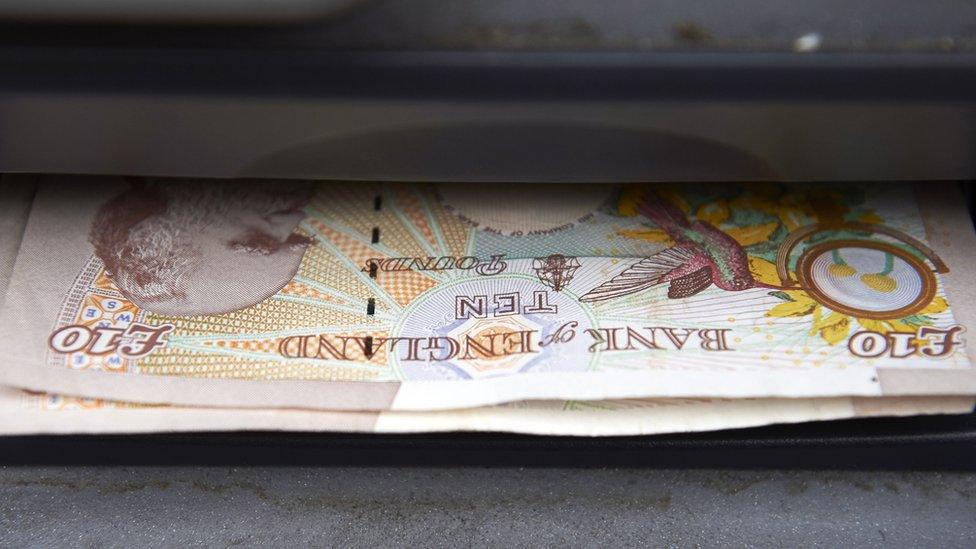
Norman Smith says:
The short answer is there is no easy access to benefits. As it stands at the moment, Brexit aside, you will have to pass what's known as a habitual residence test which was introduced in 1994 and applies to British citizens just as EU citizens.
The rules have been tightened up which means for some benefits, if you have been out of the country you can't even think about applying for the test for several months. For example, when it comes to job seeker's allowance, you cannot even take the test to apply for those benefits for three months. And that was done to stop EU citizens coming here and just getting on benefits straight away.
After three months, you can take the test which looks at your English language skills, what sort of efforts you made to find work before coming to the UK. It also considers how strong a tie you have to the UK, whether you have property or family here and what your intentions are in terms of staying and working, or returning.
But once you have taken the test, if you pass it then you should be eligible to apply for a range of benefits, as long as you meet the usual requirements in terms of income and showing you are looking for work. That is likely to continue when we move fully on to Universal Credit.
The one sort of unknown in the whole system is what happens with Brexit negotiations, in terms of guaranteeing the rights of British nationals abroad.
And we simply don't know what that will involve and whether in any way that might impact on how soon you can apply for benefits when you come back to Britain.
Will a Spanish citizen married to an English man be able to stay here once the UK leaves the EU, ask Sarah Rodriguez.
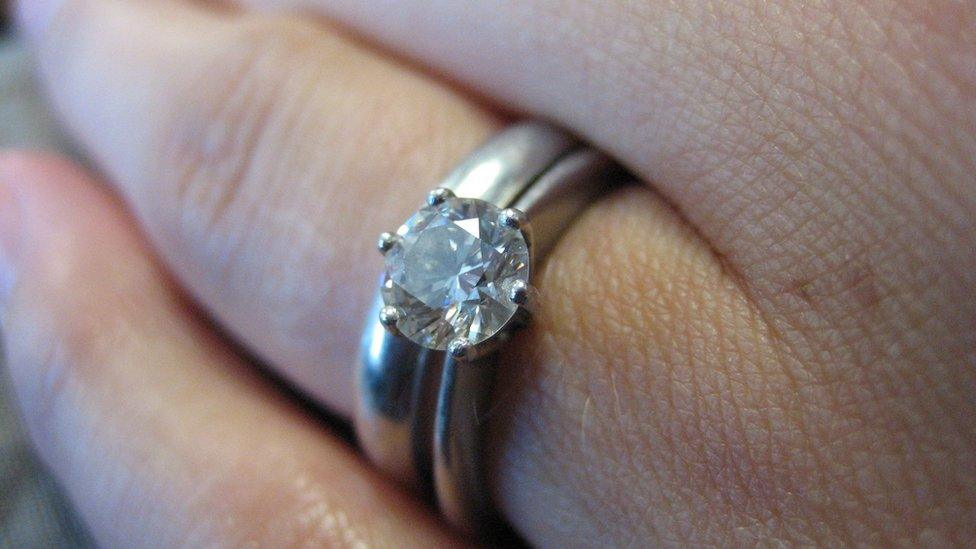
Norman Smith says:
Now, before everyone starts pressing the panic button, for the next two years while we are still in the EU, EU citizens have an absolute right to stay and remain here, no questions asked. It is also true that the government has made absolutely clear they want to guarantee those rights to existing EU citizens who are here and married to Brits after we leave the EU. That is their clear intention.
The reason they have not been able to do that, they say, is that they've not yet been able to firm up the position of Brits in the same position in other parts of the EU. So it's clearly the government's ambition to ensure everything stays the same. If it doesn't, then I guess you'll be in the same position as other non-EU spouses of British citizens. And that would mean that your British spouse would have to be able to show that you had a minimum income of between £18,600 and £27,200 if you were to be allowed to stay.
On the plus side, I think there will be clarity on this pretty quickly because it is clear Mrs May wants this sorted out right at the start of the negotiations. I think many other EU countries think the same, that it's unacceptable to have this level of uncertainty, so it will be decided very, very quickly. And even if it's not, the government is going to have to introduce an immigration bill to announce our new immigration criteria ahead of Brexit.
So it will be in MPs' hands to decide whether EU spouses have the right to remain. But I think we will get clarity sooner rather than later.
What will happen to the European Health Insurance Card when Britain leaves the EU, asks Terry Hunt.
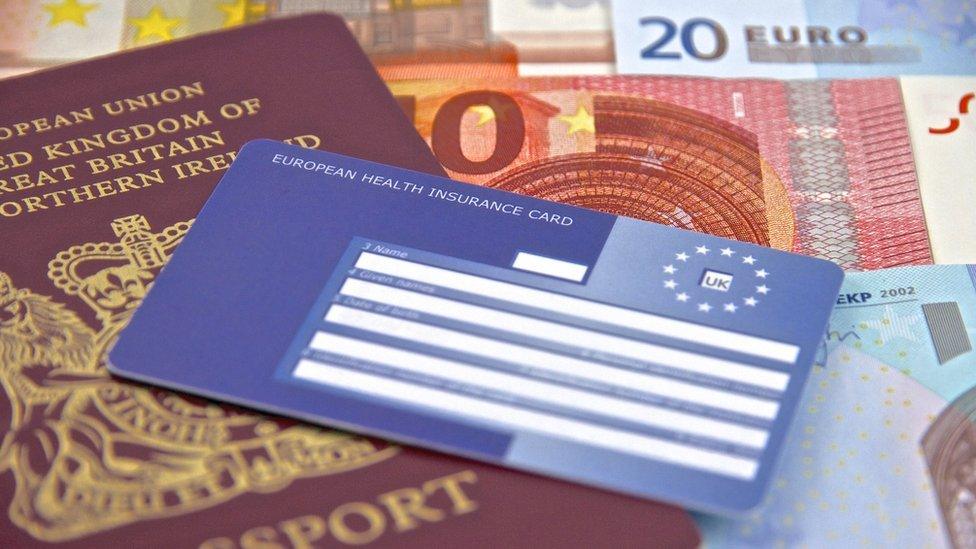
Norman Smith says:
At the moment, we can be sure that if we feel a little bit peaky in another part of the EU then we're pretty much OK because we can get the same sort of healthcare as citizens already in that country.
That applies to prescriptions, GP visits and hospitals stays. What happens when we leave the EU is, like so much of Brexit-land, unknown. However, what we do know is that the government would rather like the current system to continue.
How do we know that? We know that because the Health Secretary Jeremy Hunt has said as much. In a recent health select committee meeting, he was asked about this and whether the current card scheme would be scrapped and his answer was: I hope not. So the clear hope of government is that we can pretty much bumble on with the current arrangements.
If, however, that were not possible, we could still have deals with individual countries about reciprocal health rights, because we already have that with a number of countries such as Australia, Israel, and Russia. But there are no guarantees we will be able to arrive at these reciprocal deals.
So my guess is that it will be in everyone's interest just to carry on with the current coverage. But failing that, my advice would be to keep taking the vitamins, pack some Lemsip and stay away from draughty windows when you're travelling abroad.
Will I have to buy a new passport and driving licence, and will my rights to use them freely across Europe be taken away from me after Brexit, asks Francis Lee.
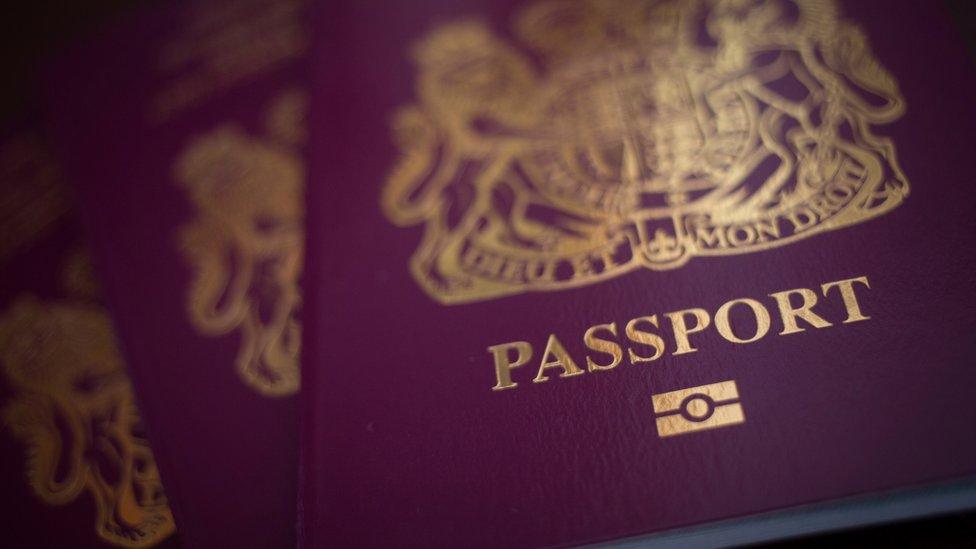
Kevin Connolly says:
At the moment UK passports carry the words European Union and British driving licences have the blue square with yellow flags of the EU. That will presumably change after Brexit but it seems likely that the change will be phased in so that you'll simply get documents with the new design when the old ones expire. That's what happened, I seem to remember, when the UK joined the EU. Anything else would be expensive and risk flooding the system, after all.
The right to use them freely is an interesting question. When we talk about restrictions on freedom of movement we generally mean the freedom to live and work in another country. If Britain poses restrictions on the EU in that respect then it can expect some kind of response.
But in terms of tourism there are plenty of non-EU countries whose citizens can visit the UK for up to 90 days without a visa. And, as part of the Brexit negotiations, you'd expect similar arrangements to be discussed for the UK.
Both sides need each others' tourists and, after all, if you can drive a car in the United States on a UK licence then it doesn't seem fanciful to assume that you'll be able to do the same in Europe in future.
It is very clear that the PM and the government want to leave the tyranny of the European Court of Justice. Why has leaving the European Court of Human Rights (an organisation far more hated than the ECJ) been ignored, asks Barry Fryer.
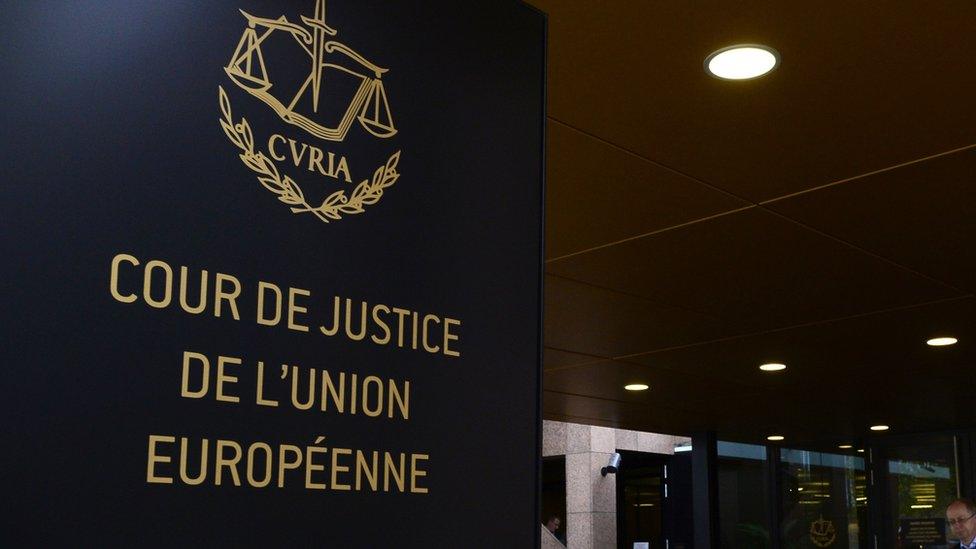
Kevin Connolly says:
Two different courts here of course, so two different bits of politics. Crucially, the European Court of Human Rights is not an EU institution and that's why discussions about leaving it have not formed a key part of the Brexit debate.
The European Court of Justice - the ECJ - is one of the primary institutions of the European Union and administers EU law. So, while it might have a role in supervising a future trade deal, part of the goal of Brexit was to remove the UK from the ECJ's jurisdiction.
The European Court of Human Rights which, as Barry points out, can be even more controversial, is a body set up not by the EU but by member states of the Council of Europe, a separate institution which contains countries that aren't EU members.
It's this court which has produced rulings which have been controversial in the UK, including blocking the extradition of Abu Qatada and establishing the right of serving prisoners to vote in elections - and leaving the EU won't change anything here.
The 2015 Conservative manifesto talked about curtailing the ECHR's role but not about leaving it altogether. Leaving the court would be another big decision and the government might well decide that it's got enough on its plate at the moment.
You can hear more Brexit questions from listeners on PM on BBC Radio 4 this week.

- Published24 June 2016
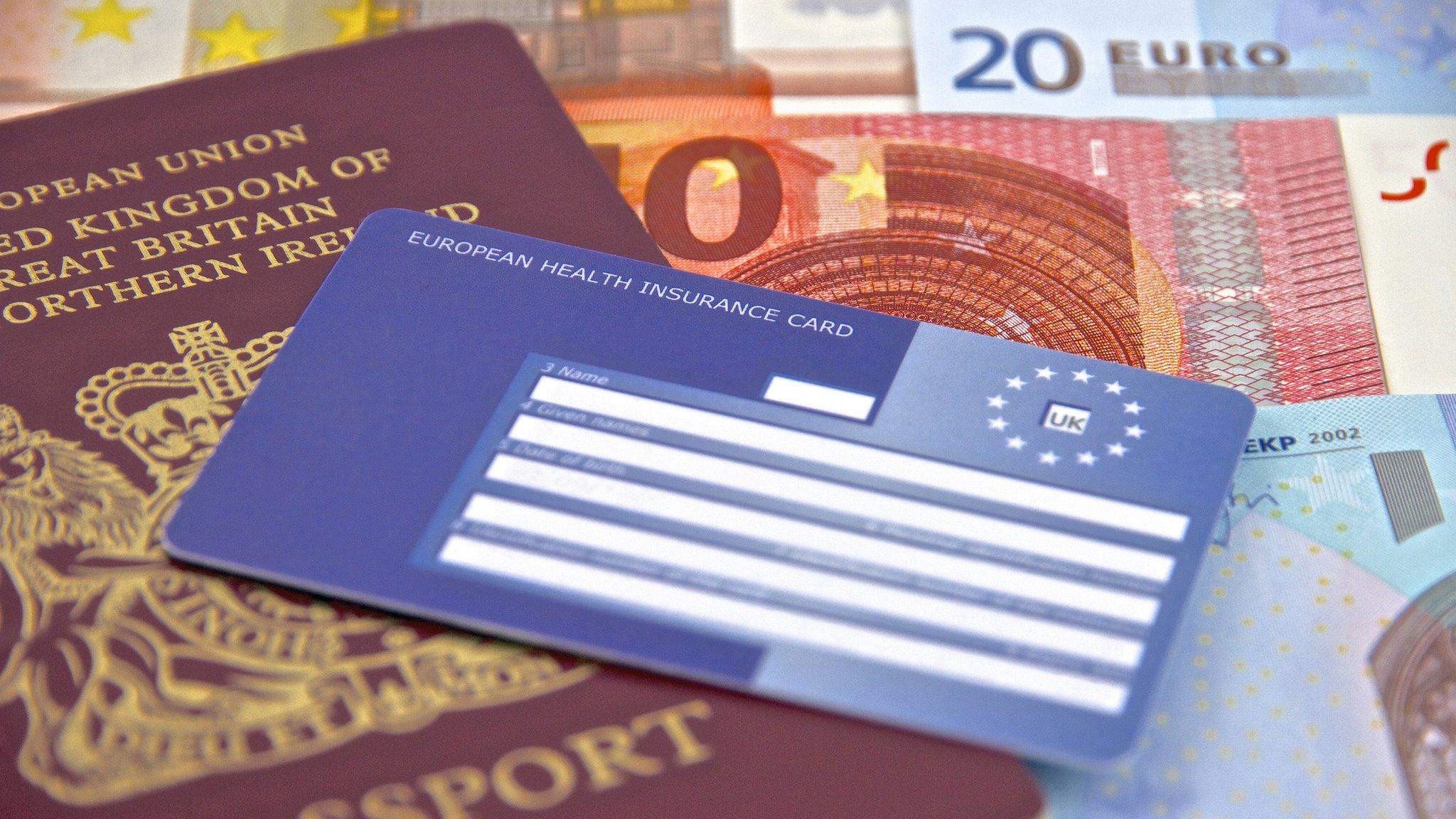
- Published4 November 2016
